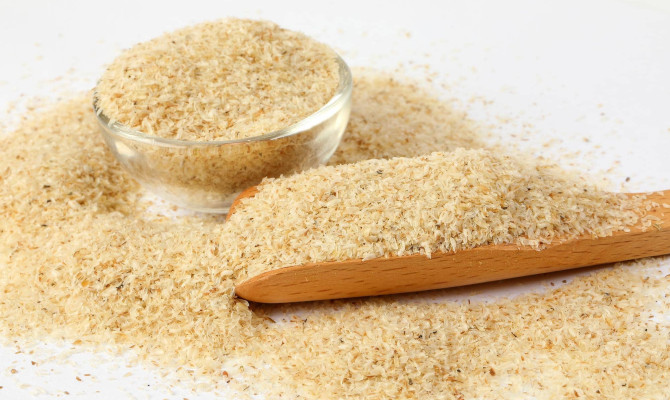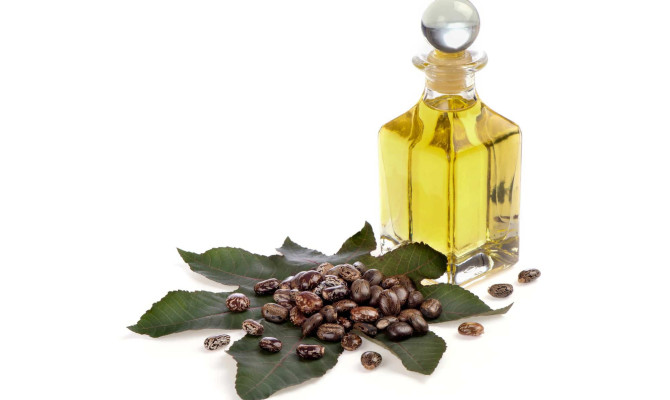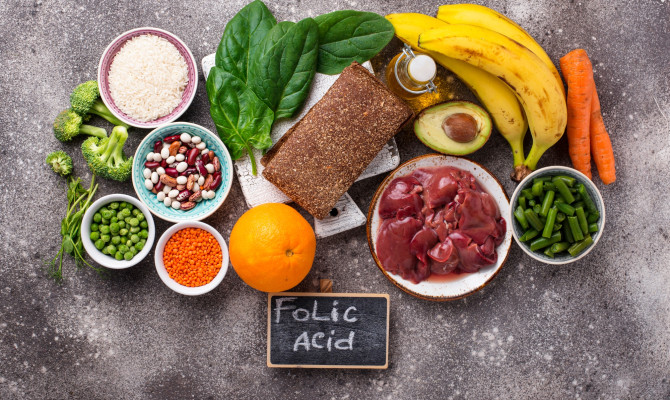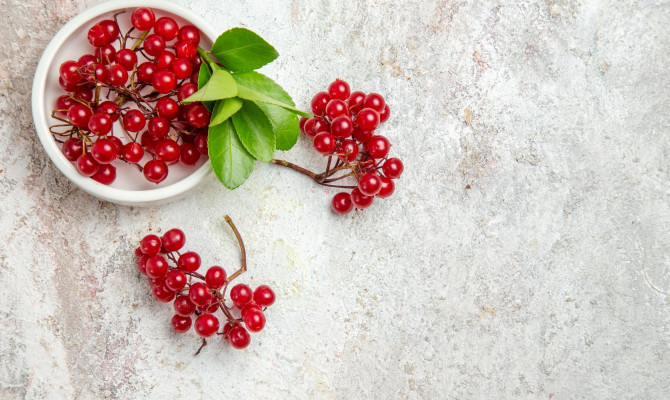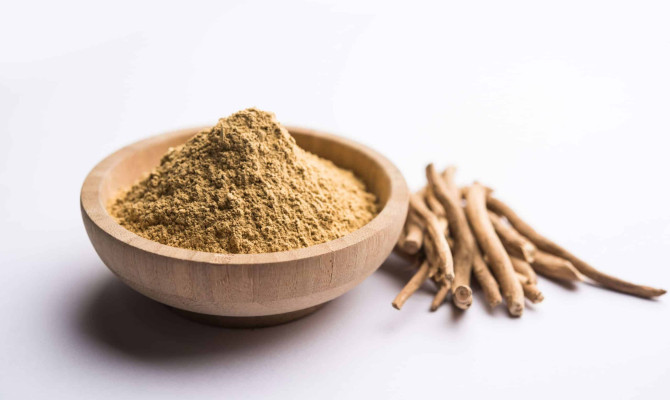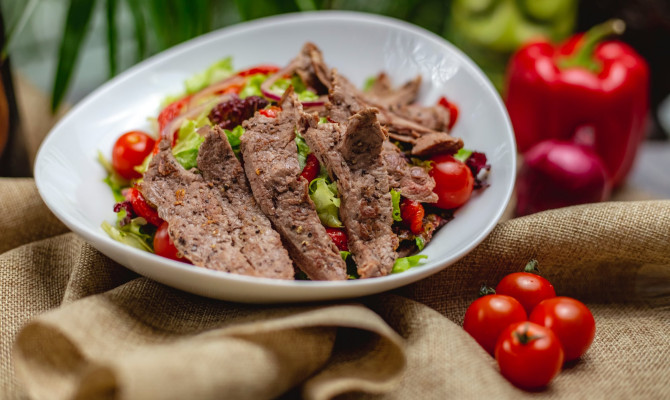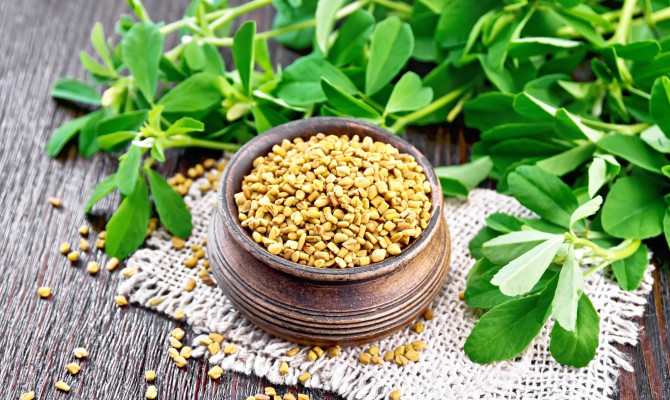Flax seeds : A Superfood

- Flax seed
- 16 Aug 2023
Overview
Flax seeds
We often look for all-natural, multipurpose superfoods that might improve our health in our quest for a healthier way of life. One tiny seed stands out as a genuine nutritional powerhouse amid this search: flax seeds.
In this article, we’ll examine the surprising advantages of flax seeds and speculate on how they can affect several facets of health. We’ll also provide helpful advice on incorporating flax seeds into your diet so you can benefit the most from them.1Overview| Researched based study from Nlm.nih.gov

Key Facts
- They have been cultivated for more than 5000 years and have been used by ancient civilizations for their nutritional and therapeutic benefits. They are regarded as an ancient superfood.
- They last a very long time. Flax seeds kept in an airtight container and properly preserved can remain viable for up to a year.
- They are environmentally beneficial since they use less pesticides and use less water than other crops.
Benefits

What are the benefits of flax seed?
They offer a plethora of health benefits due to their unique composition. Here are some of them
listed:
- Reduces the risk of heart disease.
- Promotes healthy digestion
- Helps in weight management
- It helps in balancing hormone levels.
- Enables better blood sugar control
- Nourishes the skin.
- Improves memory and learning
- Prevents Cancer
- Enhances cellular activity1Benefits| Researched based study from Nlm.nih.gov
Improves heart health
They contain high omega-3 fatty acid alpha-linolenic acid, which is linked to a lower risk of cardiovascular disease. It helps
- Lower blood pressure
- Enhance blood vessel function
- Lower LDL (bad cholesterol) levels.
Gut wellness
Healthy digestion is encouraged by the high fiber content. The soluble and insoluble fiber
- Helps with regular bowel movements
- Prevents constipation
- Adds bulk to the stool
- Promotes the development of beneficial gut flora.
- Reduces irritable bowel syndrome (IBS) symptoms
Weight management
Flax seeds can be beneficial for weight management as well. The combination of fiber, healthy fats, and protein helps promote
- Satiety
- Curb appetite
- Reduce calorie intake.
- Help control cravings1Benefits| Researched based study from Nlm.nih.gov
Regulates hormonal balance
Lignans, found in flax seeds, may assist in regulating hormone levels in the body. Lignans have been linked to a lower incidence of cancers connected to hormones, such as breast and prostate cancer. They can also aid in
- Easing menopausal symptoms
- Reducing hot flashes and mood swings.1Benefits| Researched based study from Nlm.nih.gov
Reduces inflammation
- Omega-3 fatty acids and lignans both have anti-inflammatory properties that may help reduce inflammation in the body.
- Heart disease, arthritis, and several cancers are among the illnesses that are associated with chronic inflammation.1Benefits| Researched based study from Nlm.nih.gov
Blood sugar regulation
- They help in better blood sugar regulation. Because of the fiber content, the digestion and absorption of carbs are delayed, limiting sudden spikes in blood sugar. This can be highly beneficial for those who currently have diabetes or who are at risk of developing it.
Good for skin health
- The omega-3 fatty acids support a healthy complexion by nourishing the skin from the inside out. They can aid in treating psoriasis, eczema, and skin disorders, including dryness and irritation. They also help with the skin protection they provide.1Benefits| Researched based study from Nlm.nih.gov
Improves brain function
- They are crucial for preserving good brain health. They enhance cognitive performance, including memory and learning abilities. It also reduces the risk of neurodegenerative diseases including Parkinson’s and Alzheimer’s, and are necessary for the development and maintenance of the brain.
Helps in body’s cellular activity
- They are rich in vitamins B1, magnesium, phosphorus, manganese, and other vital elements. These nutrients aid in the body’s cellular activity, energy generation, and bone health.
Prevention of cancer
- The lignans found in flax seeds have demonstrated the potential to lower the incidence of several malignancies, including colon, breast, and prostate cancer. They might help prevent DNA deterioration and slow the formation of cancerous cells.1Benefits| Researched based study from Nlm.nih.gov
Nutritional profile
Nutritional profile of Flax seeds
Macronutrients
Fat
- Omega-3 fatty acids and other polyunsaturated fats are particularly abundant in flax seeds’ beneficial fat content. About 42% of the total weight is fat.
Protein
- They are a good source of plant-based protein. They contain approximately 18-25% of protein.
Carbohydrates
- Flax seeds are low in carbohydrates.
Fiber
- They are an excellent source of dietary fiber. They contain both soluble and insoluble fiber.
Micronutrients in Flax seeds
Omega-3 fatty acids
- They are one of the richest plant-based sources of omega-3 fatty acids.
Lignans
- They are a rich source of lignans.
Vitamins and minerals
- They have small amounts of vitamin E, thiamine (vitamin B1), magnesium, phosphorus, copper, and other vitamins and minerals.4Nutritional profile| Researched based study from Nlm.nih.gov
Usage
How can you use flax seeds in your diet?
There are several methods for eating flax seeds. Here are a few well-liked approaches:
Ground flax seeds
- Improved digestion and nutrient absorption are possible with grinding.
- Smoothie: Add one or two tablespoons of ground flax seeds to your preferred smoothie.
- Yogurt: Grounded flax seeds can be added to yogurt, muesli, or cold cereals.
Baking
- Use it in place of the eggs for baking.
- Mix one tablespoon of seeds with some water, then wait a few minutes until the mixture takes on the consistency of a gel. in muffins, pancakes, and cookies, substitute it.
Other ways are:
- Flaxseed oil in salad dressings :To make a tasty salad dressing, combine the oil with vinegar, lemon juice, herbs, and spices.
- Drizzling: Drizzle the oil over steaming rice, roasted potatoes, or cooked veggies.
- Flour: You may ground entire flaxseed seeds to produce flour if you want gluten-free choices.1Usage| Researched based study from Nlm.nih.gov
When to eat flax seeds, morning or night?
- There is no set period of time that is usually recommended for eating them. The time may change depending on personal choice, convenience, and specific health objectives. Here are a few things to think about:
- Many individuals decide to include them in their morning routine for a nutritious boost to start the day. Some individuals choose to have them in various dishes in the evening.
- Consuming flax seeds throughout the day is an alternative strategy. The intake can be divided into servings and added to various meals or snacks.1Usage| Researched based study from Nlm.nih.gov
Side effects
Side effects of flax seed
When consumed in moderation, they are typically safe for consumption by most individuals. However, there are a few things to think about and possible negative consequences to be aware of:
Intestinal problems
- Consuming excessively without enough water might cause stomach discomfort, including bloating, gas, or diarrhea.2Side effects| Researched based study from Nlm.nih.gov
Allergic reactions
- A few people could have allergies. Itching, hives, swelling, breathing difficulties, and anaphylaxis are symptoms that can occur during allergic responses, which can range in severity.
Cyanide element
- They naturally have trace levels of cyanogenic glycosides, which may break down and release cyanide.3Side effects| Researched based study from Nlm.nih.gov
Interactions
Interaction with medicines
Blood-thinning medicines
- Blood-thinning characteristics are found naturally in flax seeds. The risk of bleeding may rise when used with drugs like aspirin or warfarin. See your doctor, who can advise you on the proper flax seed consumption and monitor your vital signs.5Interactions| Researched based study from Nlm.nih.gov
Hormone-related drugs
- Despite being usually benign, lignans included in flax seeds have the potential to interact with hormone-related drugs like oral contraceptives or hormone replacement treatment. Flax seeds’ estrogen-like properties might interfere with these medications’ ability to work.6Interactions| Researched based study from Nlm.nih.gov
Medications that must be absorbed
- The high fiber content of flax seeds may hinder some medications’ absorption. Fiber can slow down the process of absorption, potentially reducing absorption. To minimize any potential interference, taking the drugs at least two hours before or after flax seeds is advised.
Any feedback on this article?
 This Articles content was accurate
This Articles content was accurate Very Informative Article
Very Informative Article I have a question or a comment
I have a question or a comment
 This article contains inaccurate content
This article contains inaccurate content This article was not helpful
This article was not helpful I have a question or a comment
I have a question or a comment
We appreciate your helpful feedback!
Checkout our social pages
References
-
National Library of Medicine
Flaxseed—a potential functional food source | Benefits
-
National Library of Medicine
Influence of Flax Seeds on the Gut Microbiota of Elderly Patients with Constipation | Side effects
-
National Library of Medicine
Ion chromatographic determination of cyanide released from flaxseed under autohydrolysis conditions | Side effects
-
National Library of Medicine
Flaxseed—a potential functional food source | Nutrition
-
National Library of Medicine
A Review of Potential Harmful Interactions between Anticoagulant/Antiplatelet Agents and Chinese Herbal Medicines | Interactions
-
https://www.ncbi.nlm.nih.gov/pmc/articles/PMC8244609/
Biomedical features of flaxseed against different pathologic situations: A narrative review | Interactions












